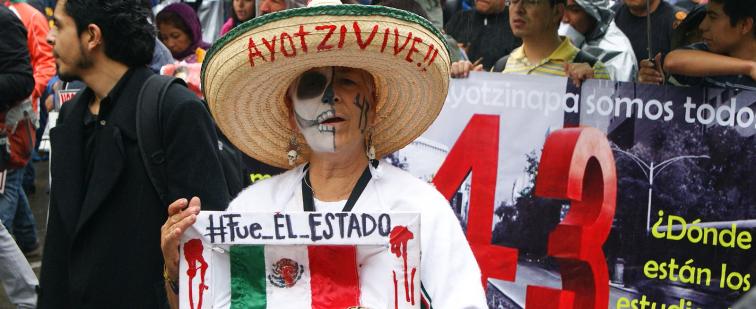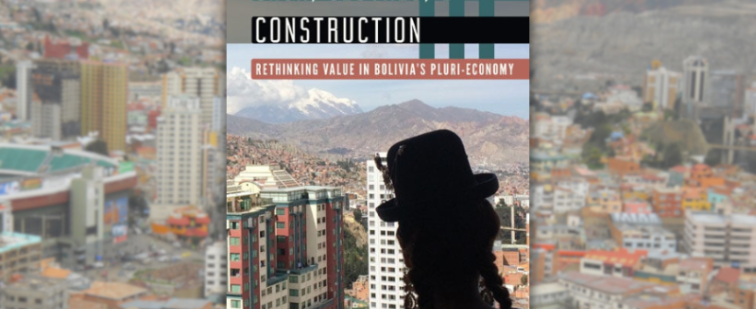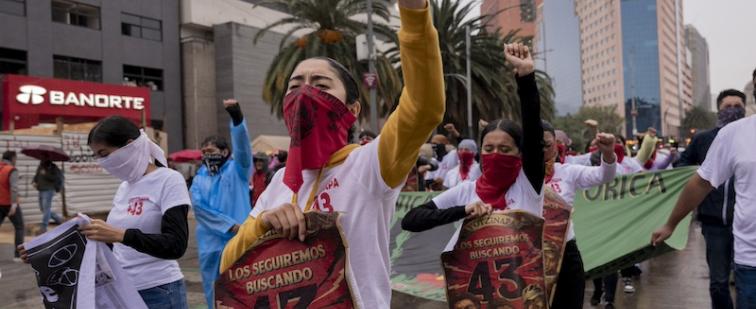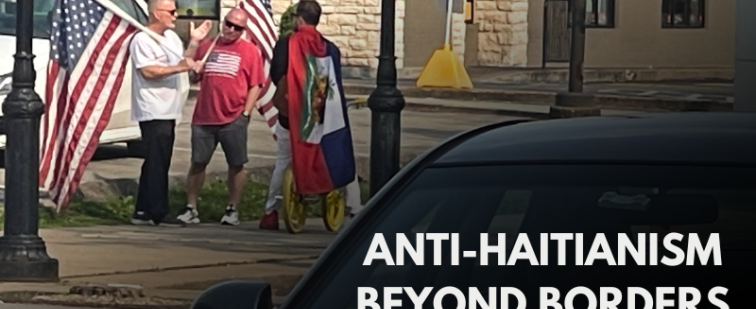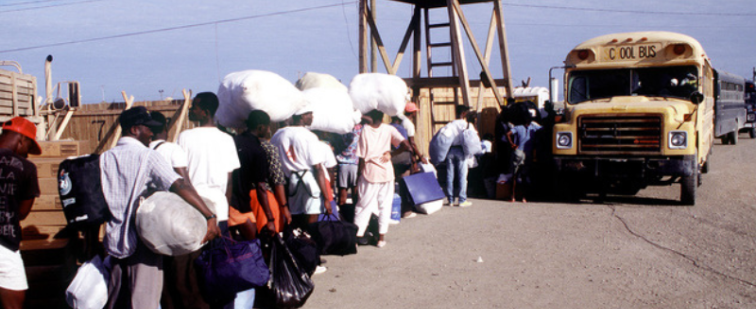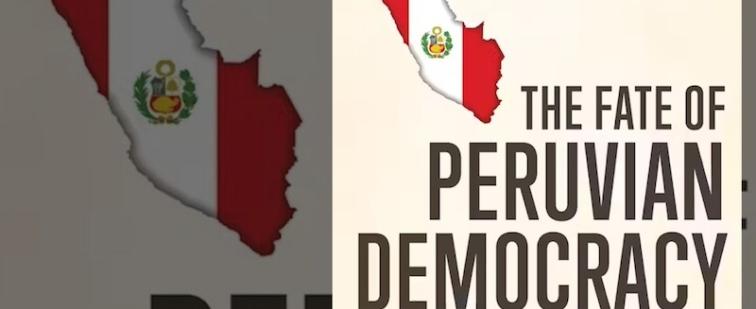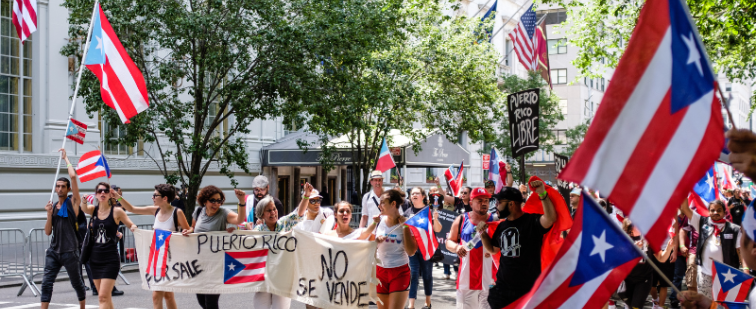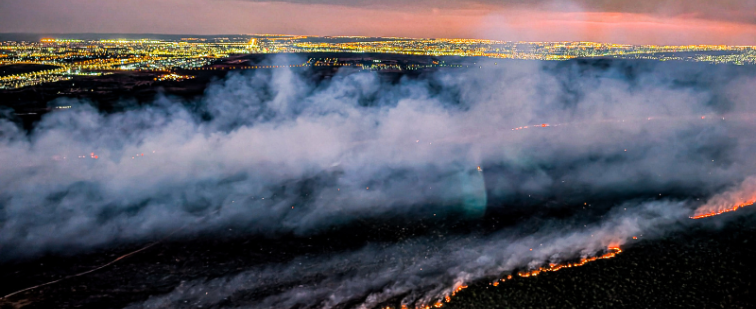Home
El Salvador’s Attorney General last Friday requested that charges of “acts of terrorism” be dropped against 13 peaceful protesters arrested at a demonstration against water privatization last July in the town of Suchitoto . After more than six months of investigation into the events of July 2, 2007, the Salvadoran government was unable to substantiate its original terrorism accusations, which carried a potential sentence of up to 60 years in prison.
Urban peripheries in Third World countries have become war zones where states attempt to maintain order based on the establishment of a sort of "sanitary cordon" to keep the poor isolated from "normal" society.
Well-pressed white shirts covered the limbs of a few hundred bodies at the opposition march against Ecuadorian President Rafael Correa’s administration. I happened upon this march last month in north Quito’s Parque Carolina. The January 24 march was “in solidarity” with a much larger march of 130,000 in Guayaquil, Ecuador’s largest city, in support of that city’s Social Christian Party (PSC) mayor, Jaime Nebot. The Guayaquil mayor is quickly becoming the fractured opposition’s most likely national leader.
Since 1995, the World Trade Organization has vigorously facilitated the expansion of corporate control over global food production. In what David Harvey has called “the greatest period of dispossession” in history, millions of poor workers have been driven from their traditional lands into the world’s exploding cities and “rurban” ghettos, while poor governments’ power to protect their citizens from hunger has been severely limited.
Latin America has been the cutting edge of struggles worldwide against neoliberalism. Several alternatives to the dominant model of global capitalism appear to be emerging in the region. A new model of revolutionary struggle and popular transformation from below for the 21st century may be emerging, based on the Venezuelan experience, but more broadly, on mass popular struggles in Ecuador, Bolivia, and elsewhere.
Eight years of heroic efforts to punish the ringleaders of Latin America’s worst mass slaughter of the 20th century appeared to come to an anti-climactic end in the last days of 2007. Exonerated by Guatemala’s highest court, two sickly men detained on charges relating to genocide of the country’s Mayan people were discharged from their private military hospital just in time for Christmas.
Barack Obama had a few choice words for Bill and Hillary Clinton after the South Carolina primary, about people who would "say anything and do anything to win an election." Imagine if the U.S media had reported his remarks without ever reporting what the candidate was responding to. (He was reacting to former president Bill Clinton's comparison -- widely seen as racial politicking -- of Obama's South Carolina victory to Jesse Jackson's in the 1980's; and Hillary Clinton's attack ads). It would not be considered acceptable journalism in the United States to omit these key facts. But in U.S. coverage of Latin America, the same standards do not apply.
An analysis of developments in Venezuela under the Chávez presidency sheds light on the viability of policies, movements and struggles in developing countries designed to bring about far-reaching transformation and to challenge domination from the north.
"It appears to us to be a reinitiation of the harassment of independentists."1 —U.S. Congressman José Serrano, speaking to FBI director Robert Mueller
An unexpected knock on the door . . . men in trench coats handing you a grand jury subpoena . . . . If you're involved in the movement for the independence of Puerto Rico, this isn't just a not-so-fond memory of the COINTELPRO era. It's 2008 in New York City, and you are Christopher Torres, a young social worker; Tania Frontera, a young graphic designer; or Julio Pabón Jr., a young filmmaker from the Bronx.
Media Accuracy on Latin America (MALA) is a project of the North American Congress on Latin America (NACLA), an independent nonprofit organization and publisher of the NACLA Report on the Americas.
NACLA believes that the news media are critical to informing and educating the public to ensure that the decisions we make are based on sound information. Unfortunately, mainstream news outlets in the United States repeatedly fail to provide reliable, in-depth analytic coverage of events and U.S. policy in Latin America and what coverage outlets do provide is often sensationalist, superficial, and permeated by long-standing suspicions that characterize the North-South divide.

